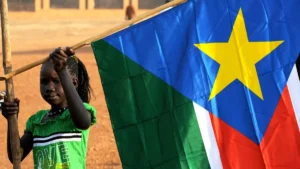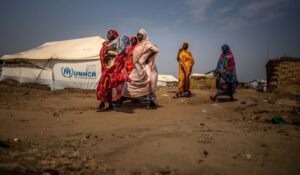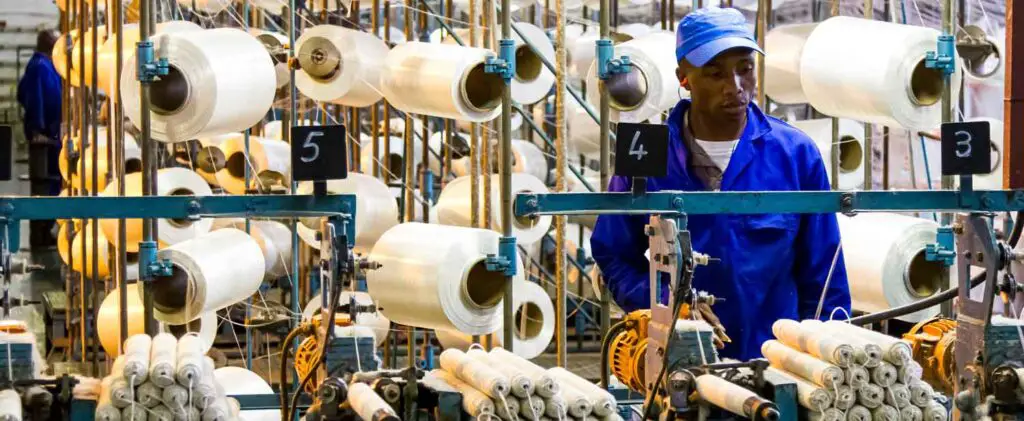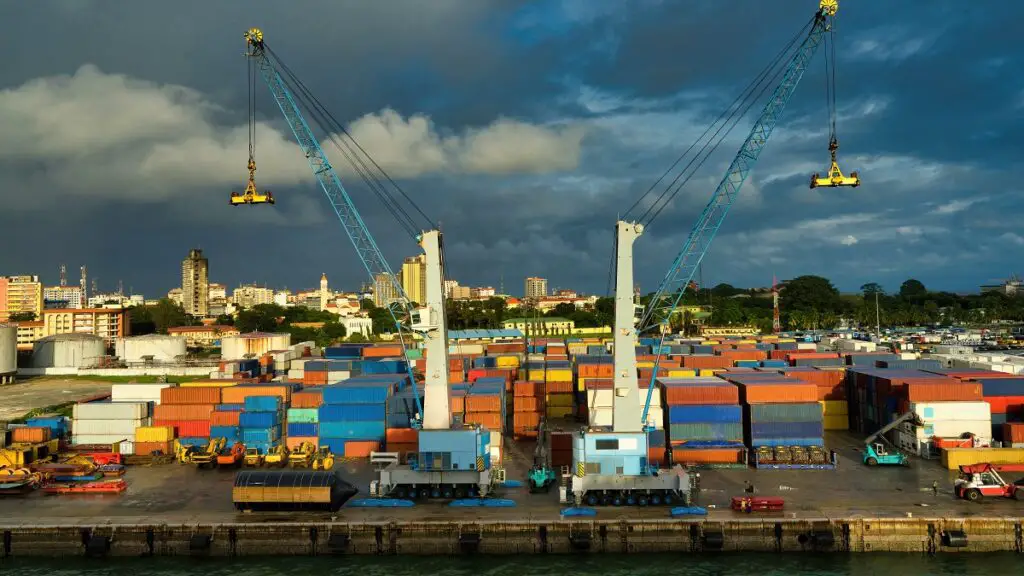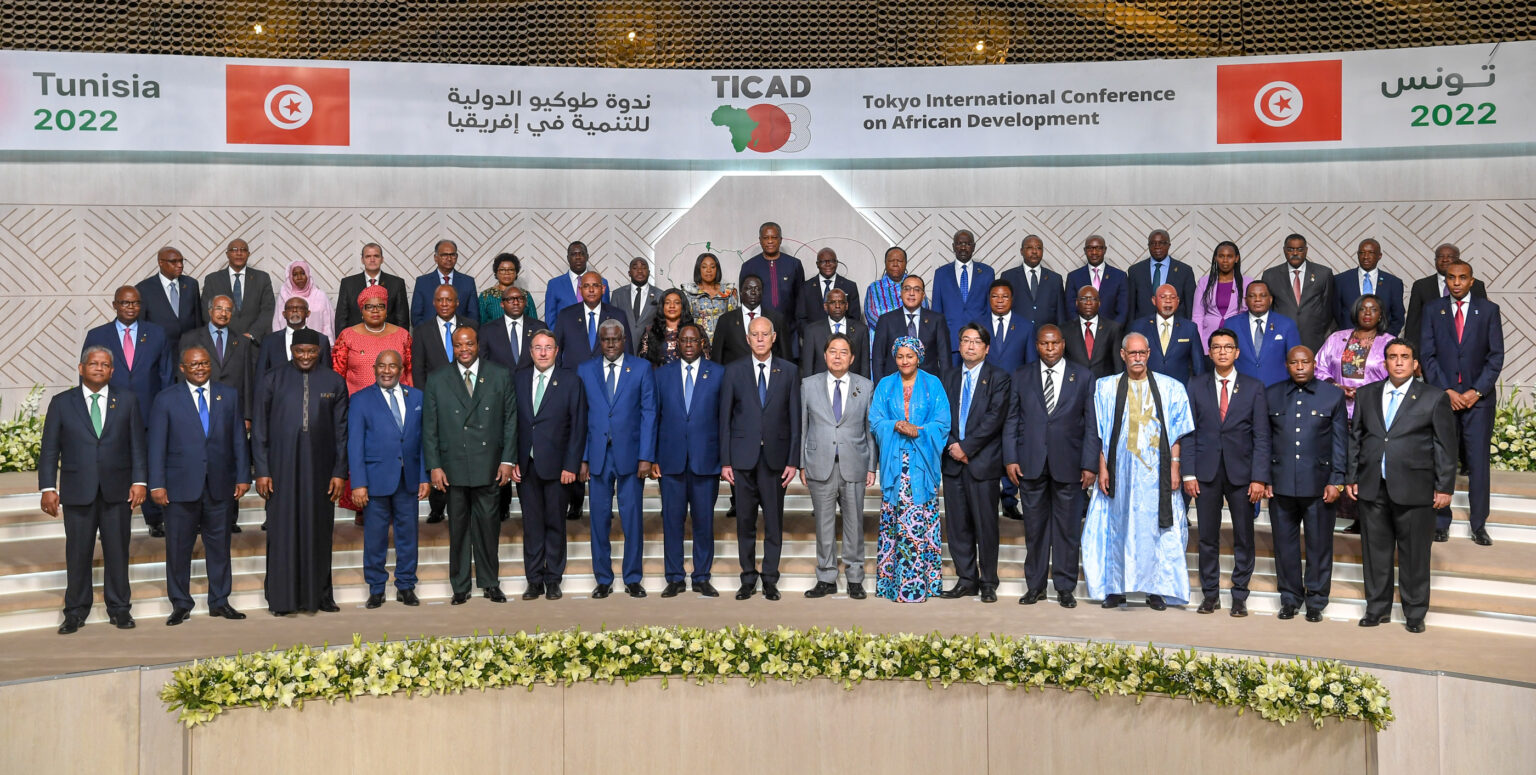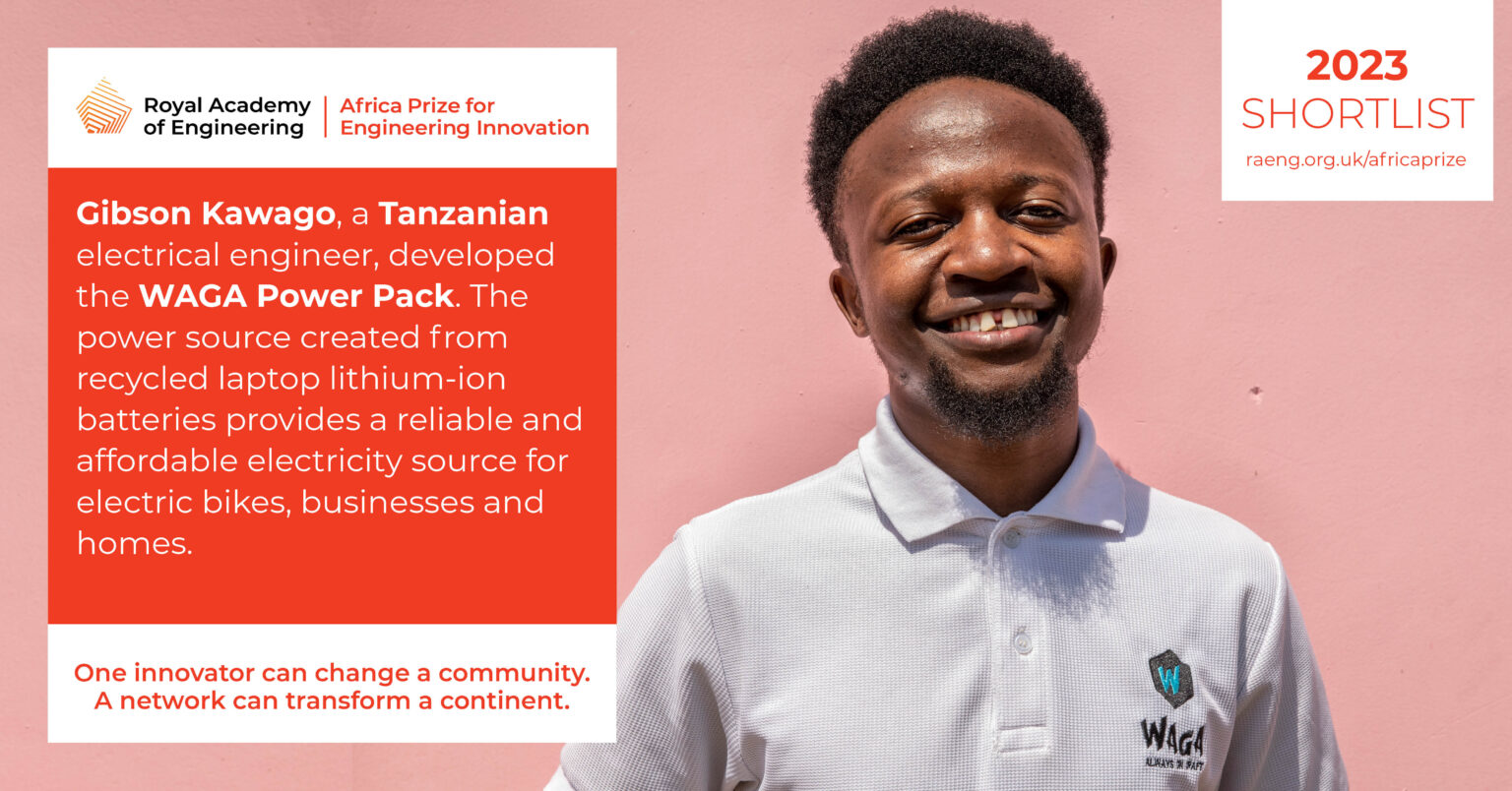- IMF’s Sub-Saharan Africa economic forecast shows 1.2 percent GDP growth
- The US Congress proposes extending Agoa to 2041, covering all African countries
- Millions at risk of famine as fuel tax row halts UN aid operations in South Sudan
- Empowering the Future: Humanity Protocol’s Dream Play Initiative
- TikTok Community Guidelines update aims to curb hate speech and misinformation
- Rwanda sees 39% surge in bank borrowers as Sacco and MFI loan uptake declines
- Kenya Ports Authority wins dispute case over cargo release
- Why Africa can reap billions from digital economy
Author: Giza Mdoe
Giza Mdoe is an experienced journalist with 10 plus years. He's been a Creative Director on various brand awareness campaigns and a former Copy Editor for some of Tanzania's leading newspapers. He's a graduate with a BA in Journalism from the University of San Jose. Contact me at giza.m@mediapix.com
- Elon Musk Starlink satellite internet in Tanzania expected as early as first quarter of 2023
- Tesla to access nickel and cobalt from Tanzania’s Kabanga mines by 2025
- Tanzania, Kabanga form Tembo Nickel Corporation at 16% and 84% shares respectively
Elon Musk in Tanzania: Did you know, there are over 3250 satellites hovering in the Lower Earth Orbit over you? The number is not shocking, what is impressive is the entire satellite constellation is owned by a single company, Elon Musk’s Starlink.
In his ambitious effort to offer faster internet coverage globally, the world’s richest man actually plans to have as many as 42,000 satellites in the Lower Earth Orbit (LEO).
As we enter the New Year 2023, Tanzania is set to become the fourth African country to allow internet service provision from Starlink’s LEO satellites.
Even though Tanzania has already laid down some 7,910Km of fibre optic cable that …
Scientists in Tanzania are making headway in biotechnology to improve agriculture and healthcare in the country as global scientists continue to improve the biopharma industry and use of AI in drug development.
“Machine learning will end up being an absolutely critical, pivotal shift—a paradigm shift—in the sense that it will touch every single facet of how we discover and develop medicines , and accelerate and improve every single one of them,” Daphne Koller CEO and founder, insitro.
From AI-driven drug discovery industry in the US to biotech agriculture in Tanzania, machines are increasingly determine what we eat, what drugs to cure us, machines run our lives.…
The reason farmers are forced to buy seeds is that projects like AGRA take away traditional organic seeds by giving subsidized GMO seeds, which cannot be replanted hence after harvest, the farmers must buy new batches of seeds to replant the next season.
In effect, forcing the farmers to rely on new purchases of seeds every year means the peasants are unwittingly caught in a cycle of dependency and poverty, for that matter.
Worse still, projects like AGRA that claims to introduce ‘modern agriculture technologies’ focus on using chemical-based fertilizers and pesticides and also push for monoculture, which locks the farmers in the dependency cycle; they have to buy more fertilizers to keep their lands productive, and they have to buy the same pesticides because of monoculture.
It is for such reasons that last year, AFSA released an open letter with over 200 signatories alleging that AGRA did not increase …
A recent index report showed that Tanzania’s agro sector is mechanizing rapidly on the back drop of value addition mini-factories, the revolution is not unique to Tanzania, it is happening continent wide and North Africa is leading.
Evidence to this fact lies in the pages of the Africa Industrialization Index (AII) report that show more than 35 of Africa’s 52 countries have become more industrialized over the span of the last decade.
The multi-stakeholder report, prepared by the African Development Bank, the African Union and the United Nations Industrial Development Organization (UNIDO), attests to an ongoing industrial revolution in Africa.
The Africa Industrialization Index (AII) uses 19 indicators to rate each country’s level of industrialization ranging from performance of its manufacturing sector, capital, labor to a country’s business environment, its infrastructure and even its entire macroeconomic status.…
With financial inclusion in mind, governments are taking notice and offering more supportive regulatory frameworks, ever further assuring that the African fintech industry growth rivals that of more mature markets, the likes of Vietnam, Indonesia, and India.
Despite the high potential seen in East Africa, with countries like Kenya standing out, South Africa still commands approximately 40 per cent of the industry revenues.
On the western part of the continent, too, in places like Ghana, growth is at 15 per cent per annum and will only get higher all through 2025. Then you have the larger economies coming in; Nigeria and Egypt are both expected to enjoy annual growth rates of 12 per cent over the same period.
While growth rates at this early stages are higher in less developed East African countries, economies with more mature financial systems and digital infrastructure, the likes of South Africa stand a greater …
As countries and entire regions react to the global pandemic by seeking to strengthen their resilience, they will, on one hand, cut dependence on sourcing or at least diversify their sources and on the other hand, improve their own responsiveness to demand.
That is where agriculture technology comes in, because what is bound to happen is shorter supply chains will emerge and Africa food security will be undermined.
The continent, while prioritizing transport infrastructure will do well by investing in human resource development and agriculture technology to diversify Africa food sources and Africa food security. The future is in automation, so if a country has the needed human resource it can invest in developing value chains tended by a more technical labour working its agriculture technology.
To build Africa food security, the huge population of Africa youth can offer great competition to the rest of the world if it is …
In the wake of the global economic slowdown, JETRO has opened a support desk to assist Japanese companies expansion in Africa and also helping African firms enter the Japan market, JETRO CEO Sasaki said.
The forum highlighted the importance of supporting startups, emphasis on green investment, development of human resources and Africa food security.
Through the JETRO forum, the Japanese business community launched an investment fund for startups in Africa valued at over 10 billion yen.
JETRO CEO Sasaki said the forum also catapulted launch of the Green Growth Initiative with Africa valued at 4 billion dollars that will finance public and private cooperation ‘toward a structural transformation to achieving net zero.’…
The 2023 Africa Prize for Engineering Innovation shortlist represents ten African countries, including first timers Angola and Sierra Leone, and demonstrates the importance of engineering as an enabler of improved quality of life and sustained economic development.
The UK Royal Academy of Engineering shortlist of innovations tackle challenges central to the UN’s Sustainable Development Goals, including clean water and sanitation, sustainable cities and communities, good health and wellbeing, and clean energy, good health and wellbeing, and quality education.
Several water innovations are featured in the shortlist Africa Prize Engineering Innovation, including a real-time water quality monitoring and control system, an acid mine drainage solution to recycle contaminated water for human consumption, a portable unit that uses fish waste to boost production of vegetables, and a water management system to prevent excess borehole pumping and drying out of aquifers.…
In the move to a cashless society, Rwandans are also showing appreciation for this leadership and quality of service, again the numbers say it all, MTN customer market share increased by 2.9pp to 65.7%.
Rwanda, as most all of the rest of Africa, is experiencing continued increase in demand for data. This demand puts pressure on delivering the needed services at affordable rates, especially giving the increasing cost of data. So it is worth noting and a lesson for the rest of the East African bloc, that the government of Rwanda has taken a bold but very visionary move in changing its Broadband policy.
Rwanda has shown its commitment to accelerate broadband coverage by adopting such measures as the introduction of wireless technology neutrality, which has significantly allowed for improved efficiency. On the ground, this is translated in the form of rolling out of next generation technologies like LTE and …
There is a shift, a change in the nature and composition of Tanzania’s workforce from labour-intensive to skilled labour. This shift is well received as the report authors describe it as ‘a good sign of economic transformation’ it is a sign Tanzania mechanisation.
The report authors contend that the fact that the proportion of labour employed in agriculture has decreased while that in other sectors, notably manufacturing and services, has increased, then it is a clear sign of an industrializing nation.
Agriculture mechanization in Tanzania is also evident in the fact that even though employment in the sector is decreasing, but the sector’s overall performance is actually increasing.
According to Tanzania’s Commissioner of Financial Sector Development, Dr Charles Mwamwaja, between 2015 and 2019, the agriculture sector grew at an average of 5.2 per cent, while the subsector of agricultural products continued growing at an average of 5.8 per cent.…
